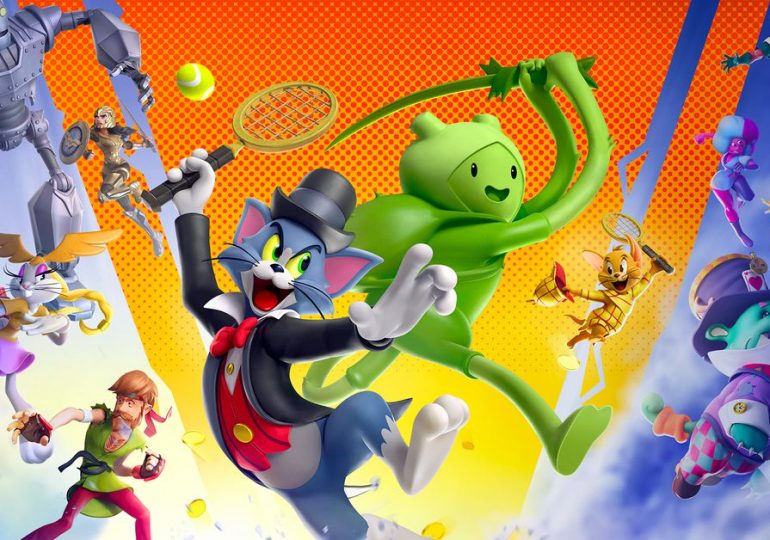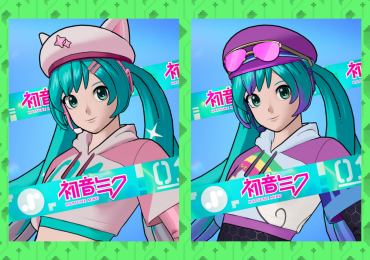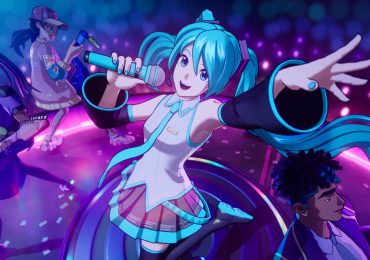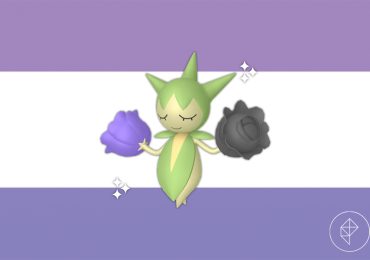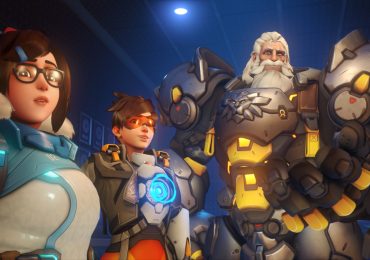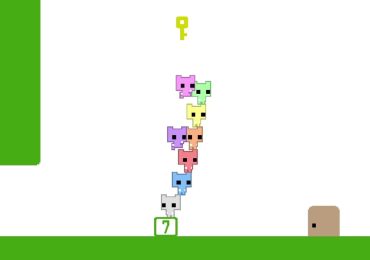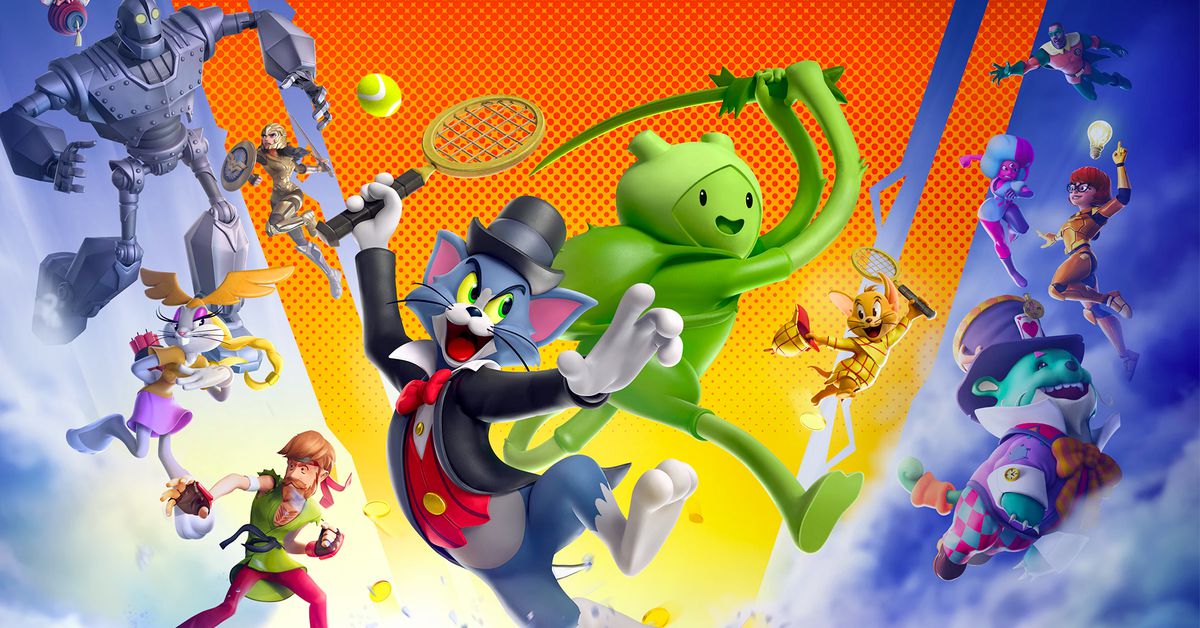
The strange tale of MultiVersus continues. The game was odd enough to begin with: a free-to-play Smash Bros.-inspired fighter featuring the multifarious intellectual property of the Warner Bros. Discovery corporation, in which Looney Tunes icons can battle DC heroes and characters from the likes of Adventure Time and Game of Thrones — there’s even LeBron James.
A successful open beta launched in 2022, but in June 2023 it was taken offline for almost a full year for a complete revamp — an unprecedented step for a live service game that seemed out of proportion to the work it needed. Now it’s back, and fans are puzzled, to say the least, about how much it’s changed.
Some changes are a matter of taste. Many players on the MultiVersus subreddit and elsewhere say the game has been slowed down dramatically — which is Polygon’s impression too, from a quick playtest — and while this change is unpopular with many, not everyone agrees.
But what has really alarmed the game’s fanbase is that this new “launch” version of MultiVersus has returned missing features and settings that were present in the open beta — and that radical changes to progression and the way characters are unlocked have been made.
So far, developer Player First Games has only responded to feedback about the missing features. Game director Tony Huynh posted on X to reassure fans that features like team colors, end-of-game stats, adjustable input buffer settings, and the option to swap side and neutral attacks are “incoming.” Huynh explained that the extensive rebuild required the team to move the game from Unreal Engine 4 to Unreal Engine 5, leaving the developers without the time to implement every feature before the relaunch date.
Many of these features are currently implemented and are in testing and we had planned, but were left out due to time as we had to rebuild every screen and feature again to support our new netcode and Unreal Engine 5 switch. Thanks again! I hope some of this context is helpful.
— Tony Huynh (@Tony_Huynh) June 1, 2024
“Many of these features are currently implemented and are in testing and we had planned, but were left out due to time as we had to rebuild every screen and feature again to support our new netcode and Unreal Engine 5 switch,” he said. Responding to queries from players, Huynh indicated that the next patch would address performance issues, and that a spectator mode was in development, too.
But Player First Games has been silent on what is perhaps the most common gripe from players, which is that progression — both unlocking new characters, and leveling up the ones you have — is painfully grindy. The main way to unlock new characters (short of buying them) is to to earn Fighter currency by playing the new PvE Rifts mode, while character XP is awarded for completing dailies and quests, but not for competing in matches. PvP match play is MultiVersus’ central and most popular mode, so excluding it from both forms of progression has severely slowed down the rate at which most players are able to earn new characters and upgrade them.
The last point of frustration for players is perhaps the least surprising. In its open beta version, Player First Games generously unlocked all MultiVersus’ fighters in the game’s offline local play mode. That’s no longer the case, leaving players without a way to try fighters before buying them — and leaving fighting game tournament organizers facing a steep cost if they want to make the full game available for competitors to play.
Looking for ways to claw back more revenue from this free-to-play game is one of the easier-to-understand (if still disappointing) decisions that WB Games has made lately. Taking a popular game offline for a year for an arguably unnecessary engine swap (among other things) is not. Polygon has contacted Player First Games and WB Games for comment.
